The really straight path
Benjamin Henrichs
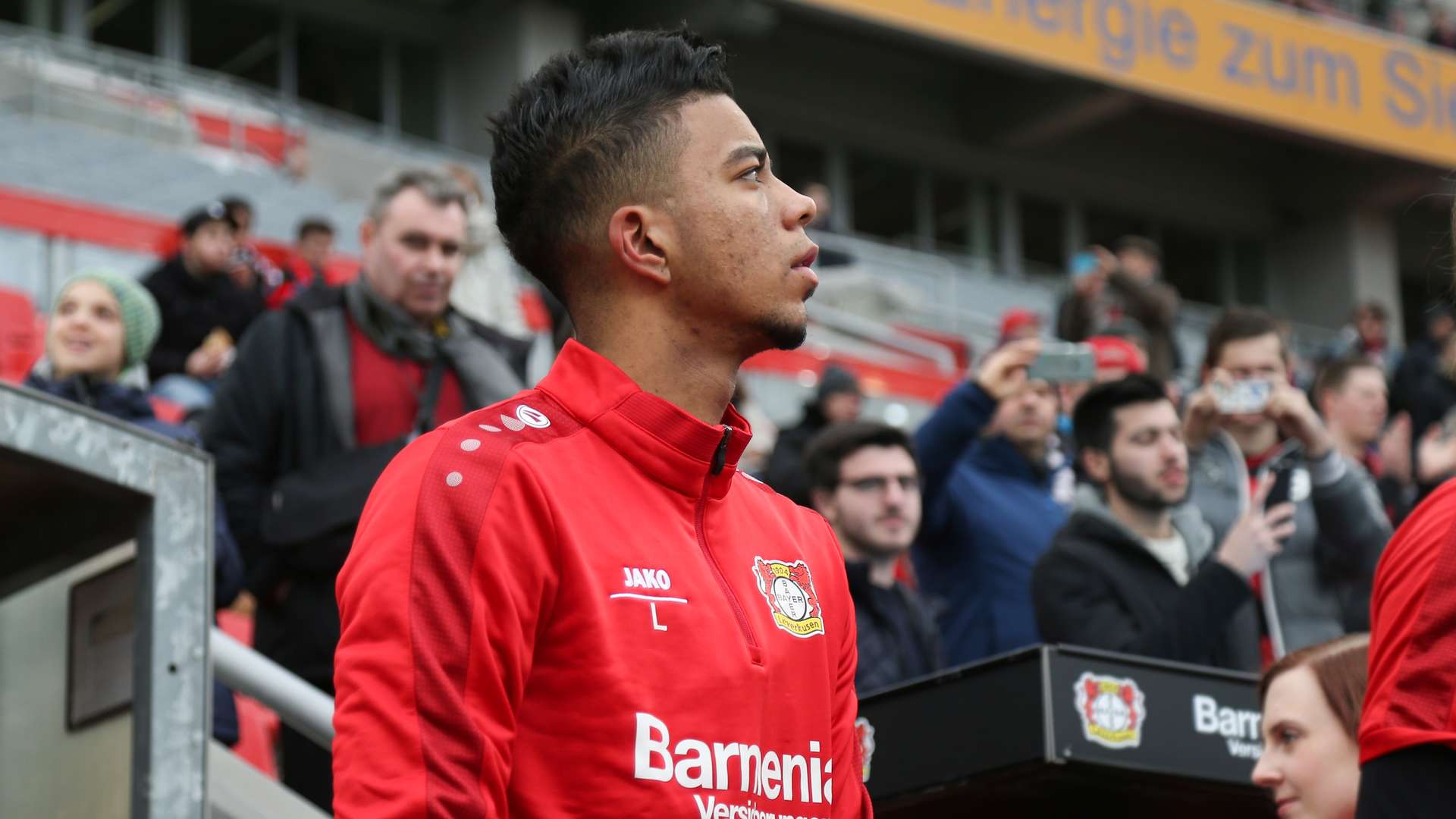
14 years, 14 benchmarks – in part eight of the series ‘From Kurtekotten to professional football’ Benjamin Henrichs talks about his time in Leverkusen.
Benni was already wearing the Bayer 04 shirt at the age of seven, and the goal-hungry offensive player progressed through all the Werkself and Germany youth teams from the U8s up. He turned professional at the age 17 (76 appearances for the Werkself) and – after retraining as a full-back - he became a first-team regular at Leverkusen at 19 and a Germany international (5 caps). In 2016 he was awarded the Fritz Walter Medal in gold as the best U19 player. Via AS Monaco (2018-2020), the 24-year-old is now playing for RB Leipzig (since 2020).
My first time at Bayer 04:
“I joined Bayer 04 from Porz at the age of seven in 2004. We played on shale pitches at Porz and we always lost. It made a huge difference playing on grass at Leverkusen. Everything was more professional, we had dressing rooms – and we almost always won. That obviously made it great fun from the start in the U8s.”
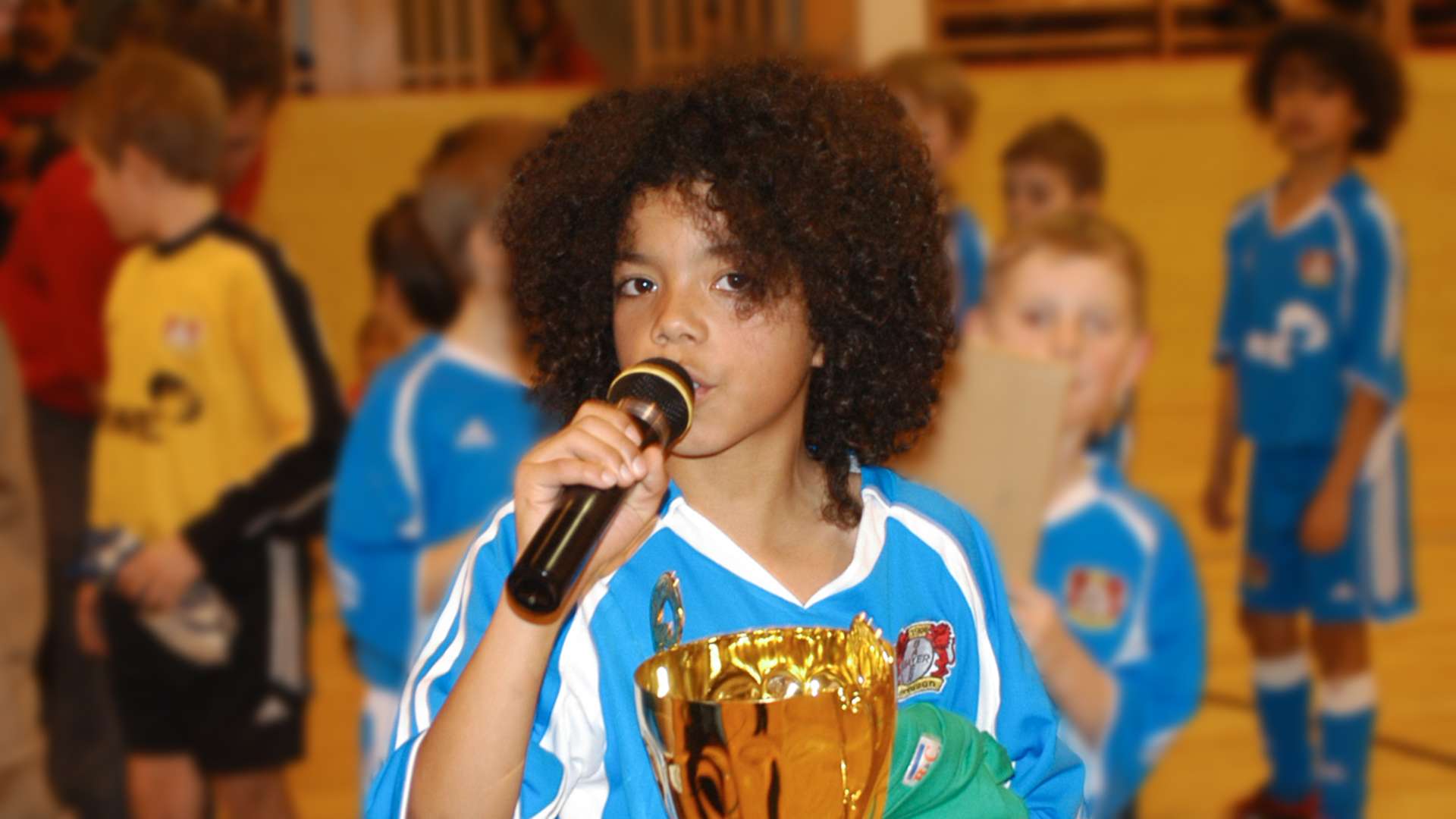

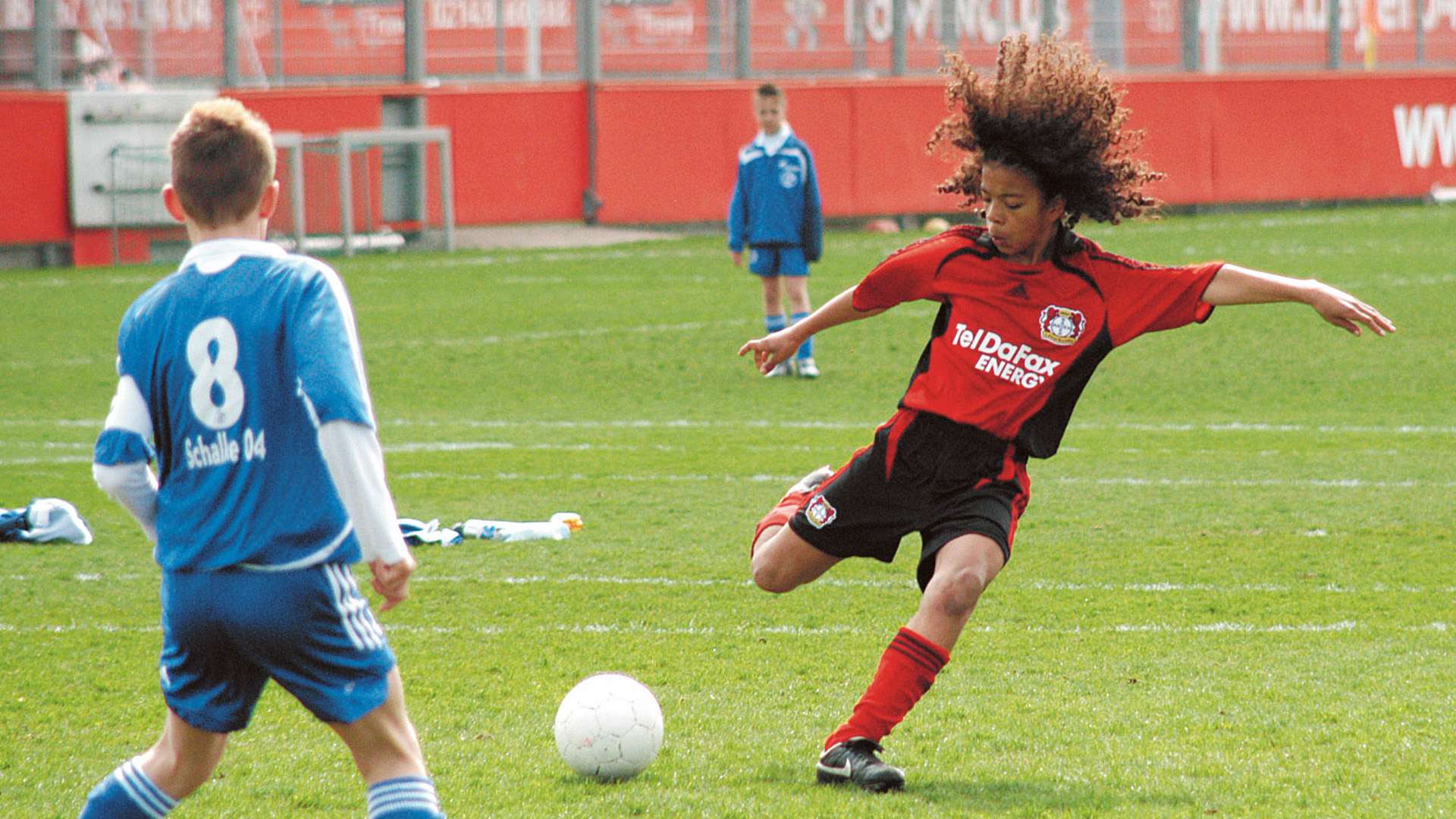
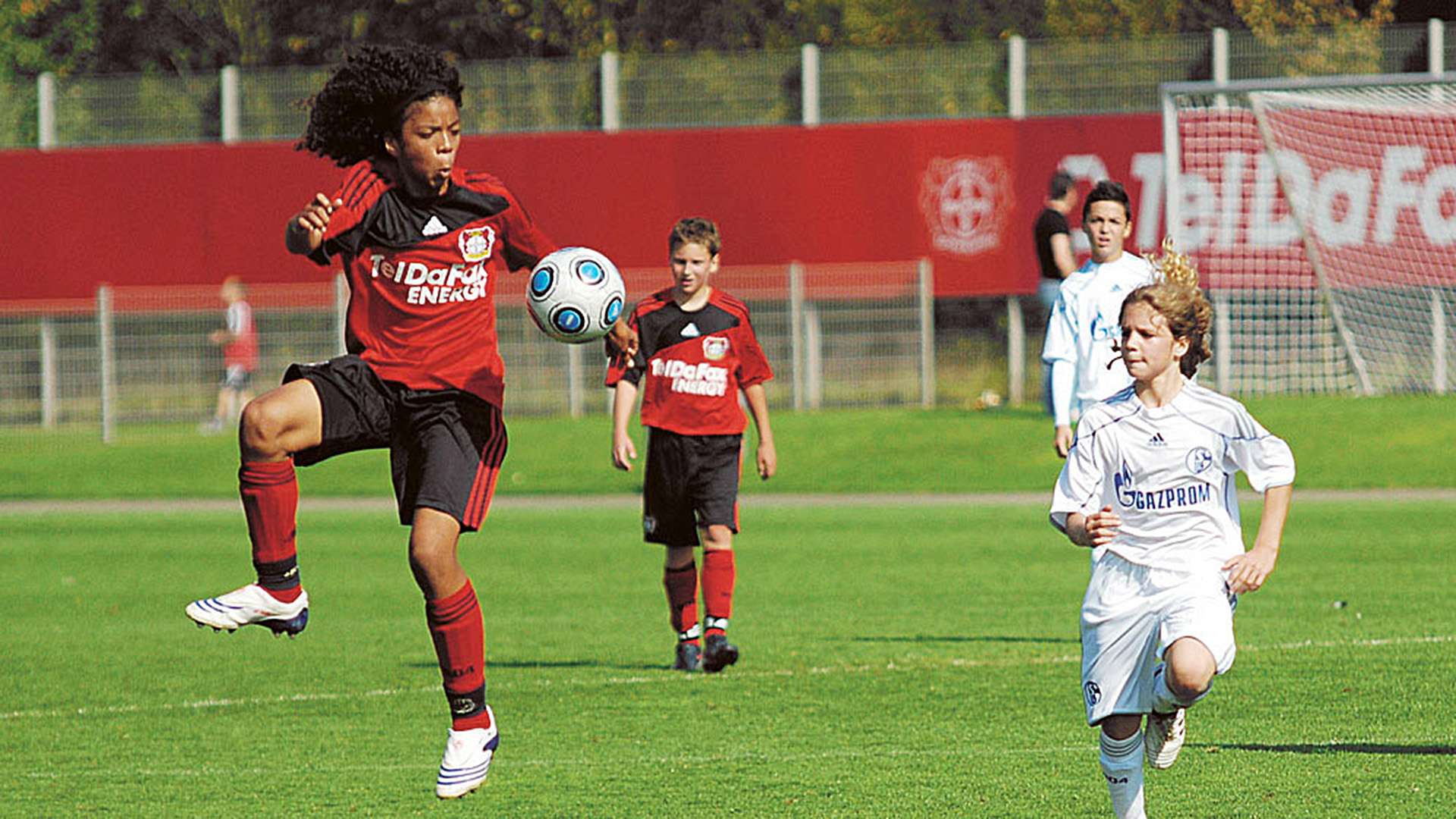
My best youth match:
“With the U14s we beat Alemannia Aachen 6-0 and I scored five. That was great. But the next day everything carried on as normal. Our coach Thomas Hölzgen never differentiated between us winning or losing. Either way, we had to do circuits (he laughs).”
My best day with the junior teams:
“I was 17 when I played my first U19 game. I came on as a sub on 80 minutes against FC Köln in the 2014 Middle Rhine Cup. I scored two goals and we won 4-3. That was my best day in football up to that point.”
My first senior training session:
“That was also in 2014. I’d just gone out of the European Championship with the Germany U17s and then I was told I’d be training with the first team from the summer. I was just 17. In the beginning you just sit there as a young player and you don’t to make a negative impression. Thank God we didn’t have to sing as is usually case with other newcomers (he laughs). Whenever young players come through, I always try to talk to them because I know it’s not that easy.”
My biggest battle:
“That was definitely school. For my parents it was clear it was part of it. It was very, very difficult for me. It was good at Bayer 04 with the homework support and later the part-time college at TSV Bayer 04. As it moved towards Abitur exams, I said to myself at some point: I want to pull it off. Others had done it. It worked out in the end. But it was really tough.”
My breakthrough as a professional player:
“There were almost two years between my first senior training session and my first match. I was really impatient and I asked myself: How can it be that I’m training with the first team but not playing? My debut came as a substitute in Dortmund. But then it felt like I was out of the picture for a couple of months. Until Roger Schmidt came up with the idea of playing me as a full-back in the home game against Bremen in March 2016 and then it took off. I quickly got used to the position. I would have gone in goal to get a game. It went incredibly quickly after that.”
My first highlight as a first team player:
“We played Tottenham Hotspur in the Champions League at Wembley Stadium at the end of 2016. That was the coolest game for me. 85,000 spectators. Flashlights, mobiles. You feel like a rock star. Then I played one of my best games at right back and Kevin Kampl scores the winner at 1-0. Then Jogi Löw called me up.”
The first call from Jogi Löw:
“The day after the Tottenham game, we were sat down eating and my mobile rang. Jogi Löw was on the phone, he congratulated me for the game and he called me up to join the national team. I had no idea whether I should call him coach. Or ‘Sie’ or ‘du’. I was completely out of my depth and I let him speak. A week later, I was surrounded by World Cup winners like Toni Kroos, Sami Khedira, Thomas Müller and all the others. And I’d only played a couple of games.”
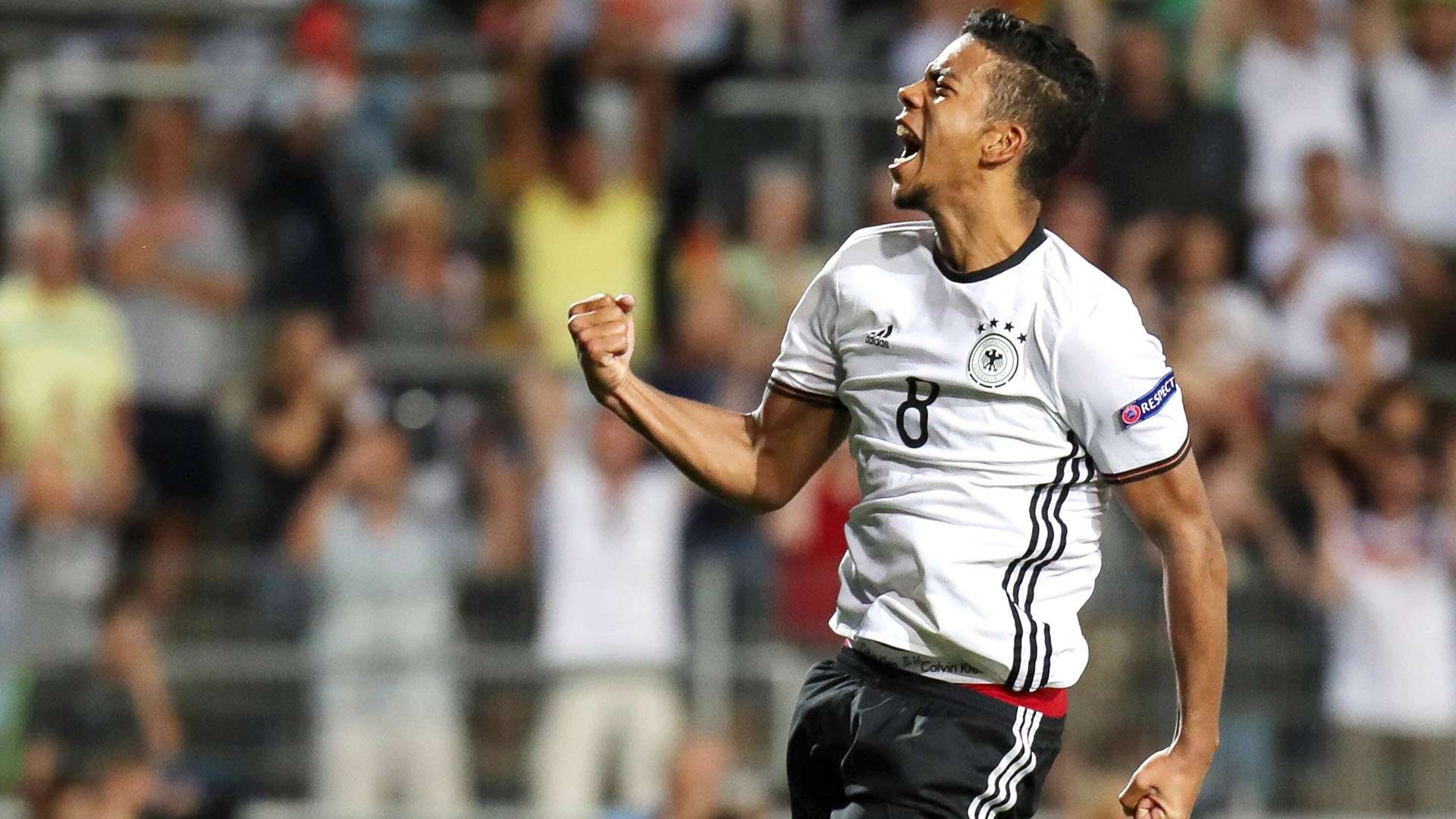
My first full international:
“I played my first international under Löw with my first call-up. I was incredibly nervous. But it subsided after a few minutes. And then it was actually like any other football match. But 90 minutes in the 8-0 win in the World Cup qualifier in San Marino – that was a day I’ll never forget.”
My lessons from the start as a professional footballer:
“As I said, I was impatient from the start. The big break came with my international debut. I was no longer the lad who had been retrained. I was an international player and that immediately set another standard. That was difficult for me to understand. I often had the impression I’d played well but it didn’t seem to satisfy the public perception. You have to stand up to the pressure. I’ve experienced a lot of these ups and downs now. But it was tough back then.”
My departure from Leverkusen:
“The move to Monaco was very hard for me. I went through all the corridors and the dressing room at the BayArena, said goodbye to everyone and cried like a little child. I felt like I was in a trance and I only realised at the airport: Now’s the start of something new.”
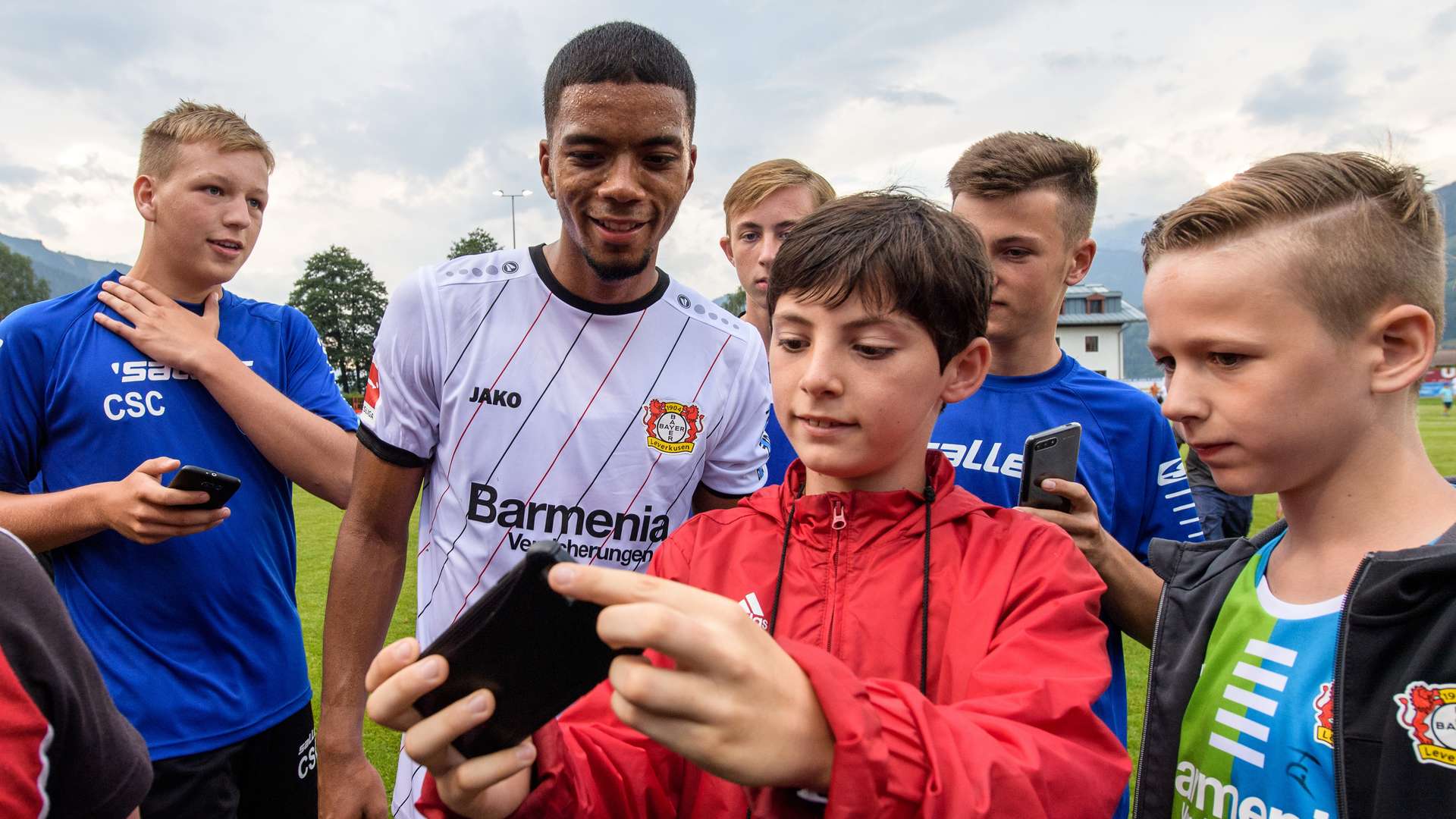
My connection with Leverkusen:
“It’s still there. My family is here. My best friends are still a lot of players I’ve known since the U9s. I recently visited Tsy William Ndenge in Luzern. I’ve also been back to Kurtekotten. I just wanted to say hello and ended up spending over two hours there and talked about everything with so many people.”
What is still with me from the Performance Centre:
“At Kurtekotten, school sometimes felt more important than football. I didn’t understand that back then but now I know it was right that way. Discipline too – we win and then still have to train hard the next day - or dealing with success and failure were things where my time with the youth teams at Bayer 04 helped me as a professional football player.”
My conclusion:
“The youth days were a great time. We had so much fun, we won so much and a lot of players from that age group turned professional. I spent the biggest part of my life between seven and 21 at Bayer 04. It will always be part of me and I’m grateful for that.”
‘From Kurtekotten to professional football’ – Part VII: René Adler
‘From Kurtekotten to professional football’ – Part VI: Kim Falkenberg
‘From Kurtekotten to professional football’ – Part V: Jonas Meffert
‘From Kurtekotten to professional football’ – Part IV: Fabian Giefer
‘From Kurtekotten to professional football’ – Part III: Stefan Reinartz
‘From Kurtekotten to professional football’ – Part II: Erik Zenga
‘From Kurtekotten to professional football’ – Part I: Gonzalo Castro
